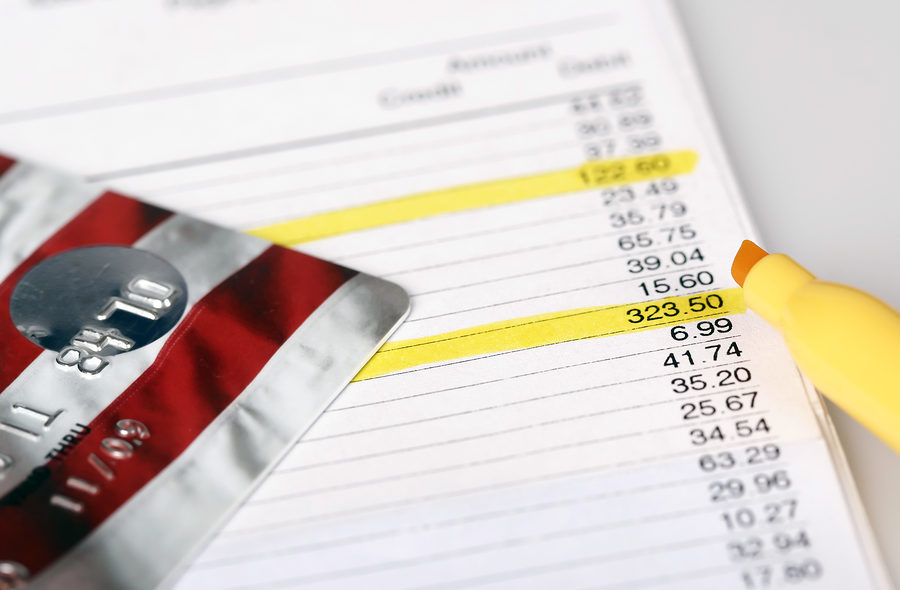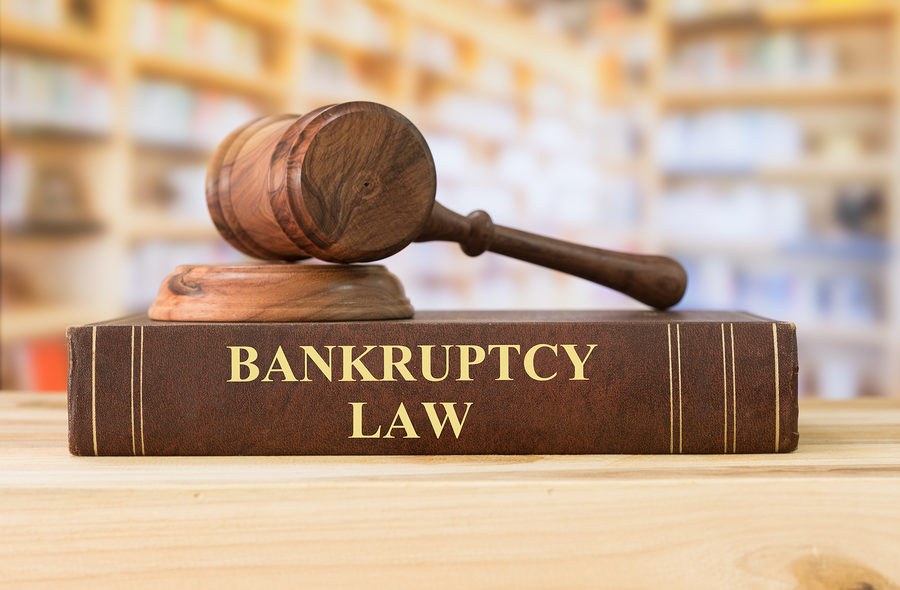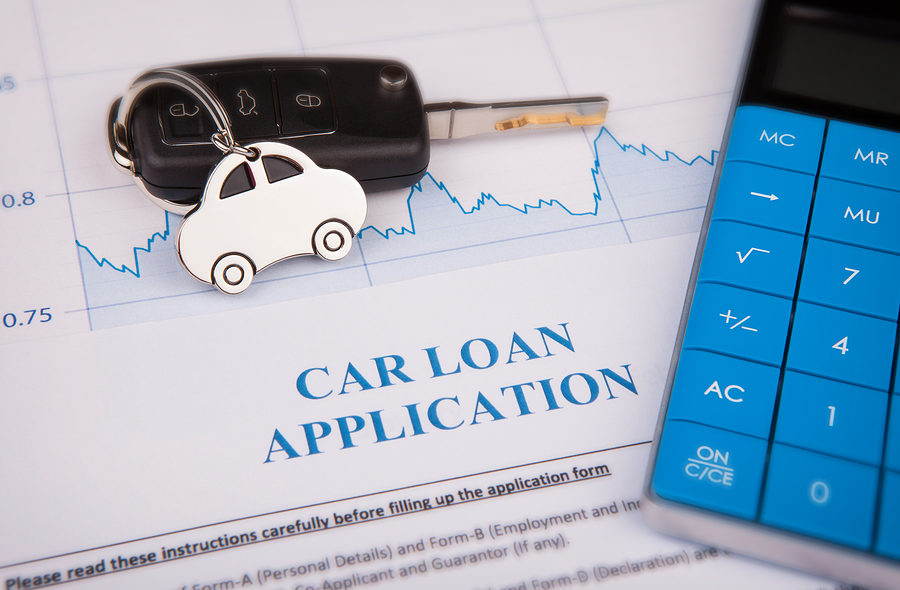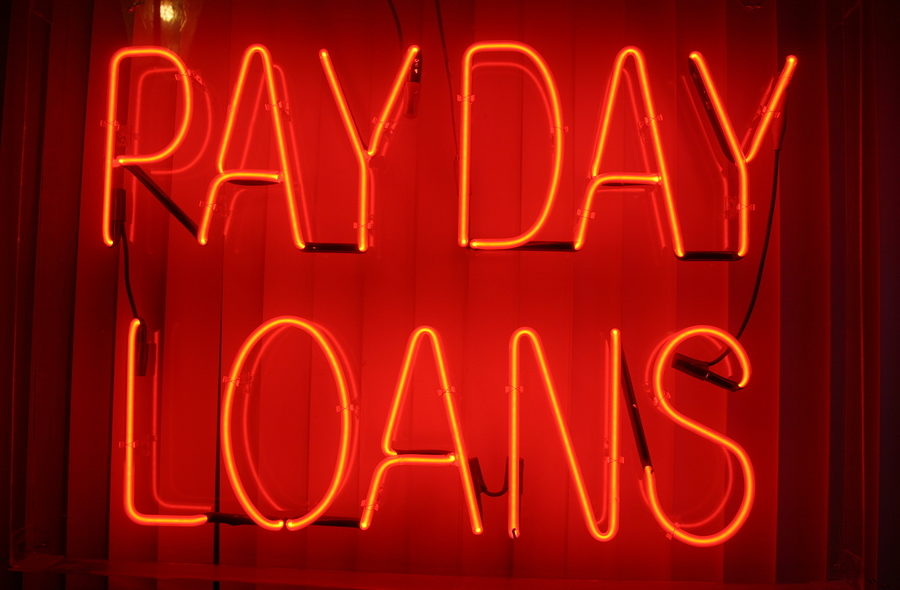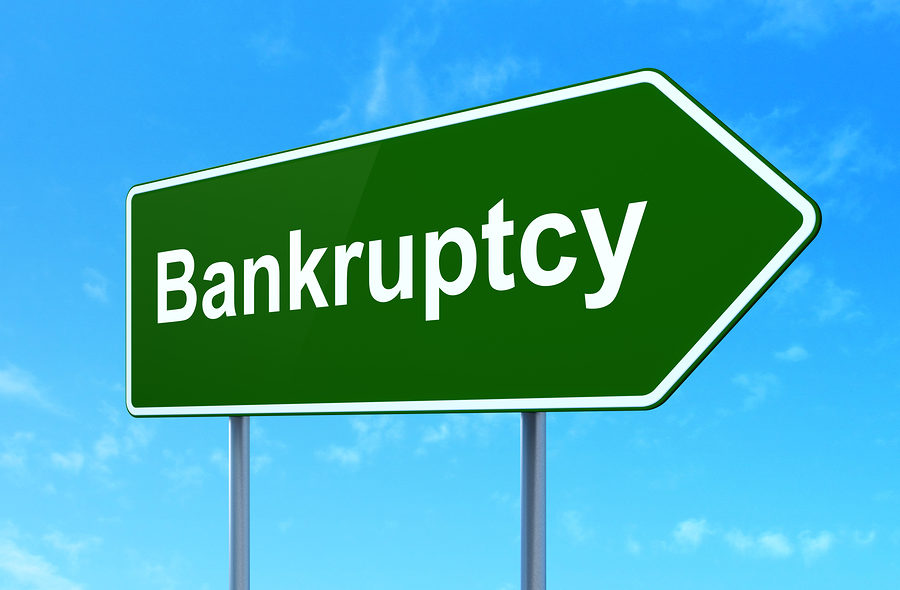A common concern people have when filing for bankruptcy is the effect it will leave on their credit score and their ability to access credit, again. While bankruptcy does affect your credit score, it is sometimes the last resort to rebuild your credit and your financial future. In fact, it is oftentimes easier to reestablish your credit after filing for bankruptcy, because you are essentially given a “clean slate.”
It helps to sort through the myths and facts before making that final decision, and if you do choose to file for bankruptcy, this does not mean all hope is loss. There are proven ways to rebuild your credit score after bankruptcy, and our clients are proof!
My credit score said on all three reports 775, I couldn’t believe that I had such a great score before 10 years. Tim for me was the best move I have made for my situation. I have no regrets, I am glad the past is the past. – Bill T.
Hi Tim- I just wanted to send a quick note and thank you and your team for handling my bankruptcy case. It is only a month or two after discharge, and my credit scores are already in the upper 600’s. – C.S.
The effects of bankruptcy on a person’s credit score depends on the score the filer had before filing for bankruptcy. If you have a higher credit score, the effect the bankruptcy will have will be more noticeable. However, if you have a lower credit score to begin with, the change may not be as much after filing for bankruptcy.
According to data from FICO, for individuals who had credit scores of 780 or more, the average amount of decrease is around 240, with a resulting credit score of 540. If the filer had a fair credit score of around 680, the decrease is on average 150 points, resulting in a score of 530. Both scores end up at roughly the same point, but the drop that the filer sees in getting to that score is noticeably different.
The good news is the American credit scoring system allows consumers to rebuild their credit score quite quickly after filing for bankruptcy. Even with a credit score at 550, you can still get back to a respectable score within one to two years through demonstrating good financial habits.
These habits include monitoring your credit report on a regular basis, ensuring that any accounts that are at a zero balance. Many financial experts recommend using a secured credit card to use for purchases to rebuild credit. After some time has passed and you have successfully used the secured card for a period, you may be able to slowly take on new credit, although it is never recommended that you have more than one account opened within a six-month period.
Rebuilding your credit is important for many reasons, the main one being it will allow you to be able to borrow in the future. Many filers worry that they will never be in the financial situation to purchase a home or qualify for another loan- these are all bankruptcy myths. Stick to a budget and a sound financial plan following bankruptcy, and you will be back on your feet before you know it.
If you have questions on this topic or are in financial crisis and considering filing for bankruptcy, contact an experienced Miami bankruptcy attorney who can advise you of all of your options. As an experienced CPA as well as a proven bankruptcy lawyer, Timothy Kingcade knows how to help clients take full advantage of the bankruptcy laws to protect their assets and get successful results. Since 1996 Kingcade Garcia McMaken has been helping people from all walks of life build a better tomorrow. Our attorneys’ help thousands of people every year take advantage of their rights under bankruptcy protection to restart, rebuild and recover. The day you hire our firm, we will contact your creditors to stop the harassment. You can also find useful consumer information on the Kingcade Garcia McMaken website at www.miamibankruptcy.com.

